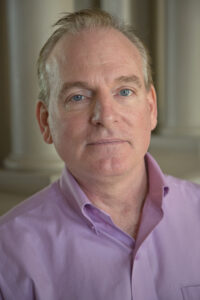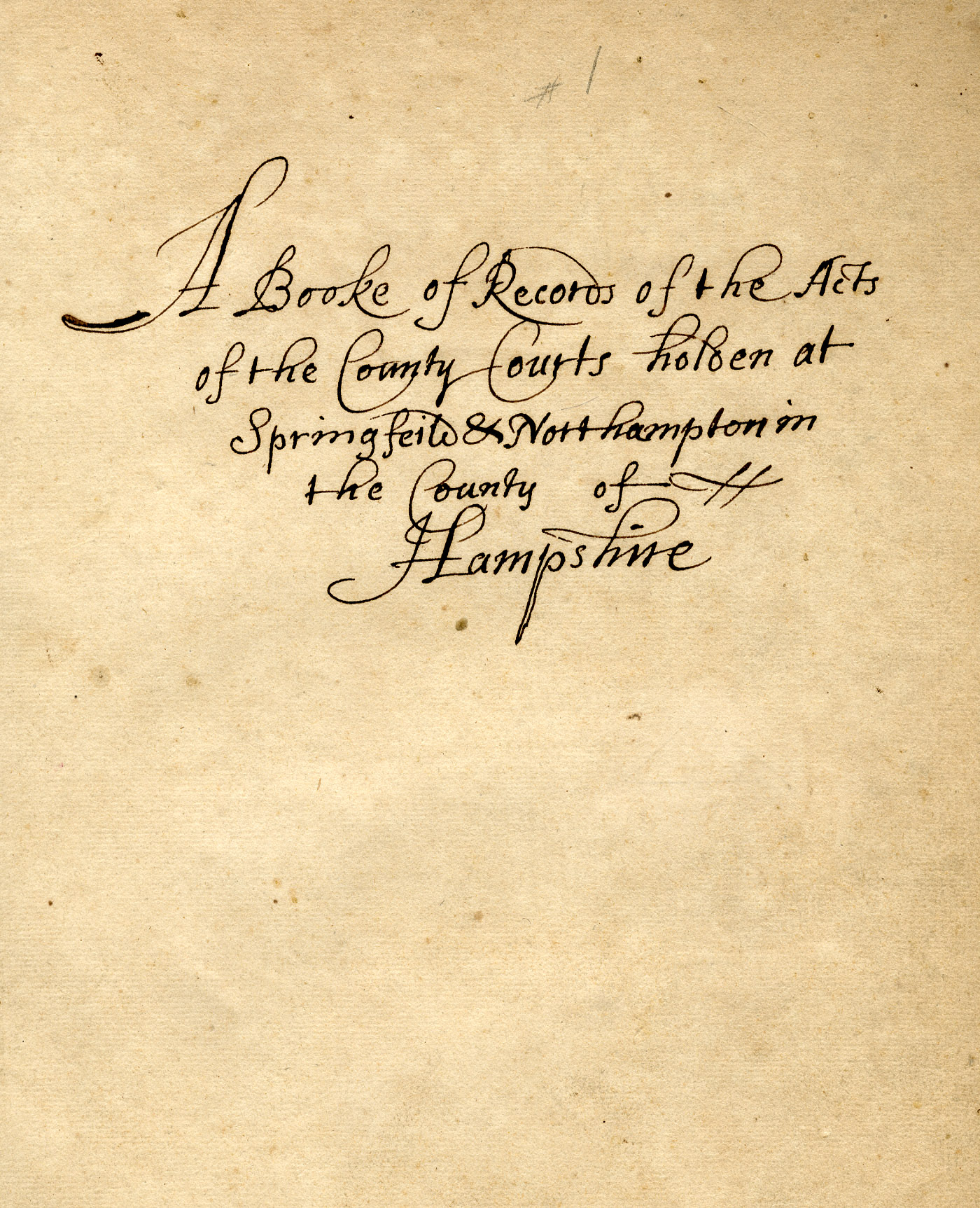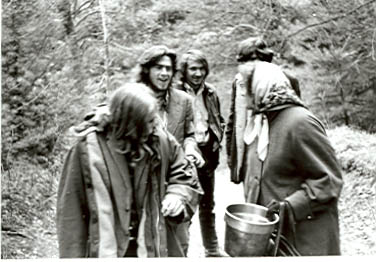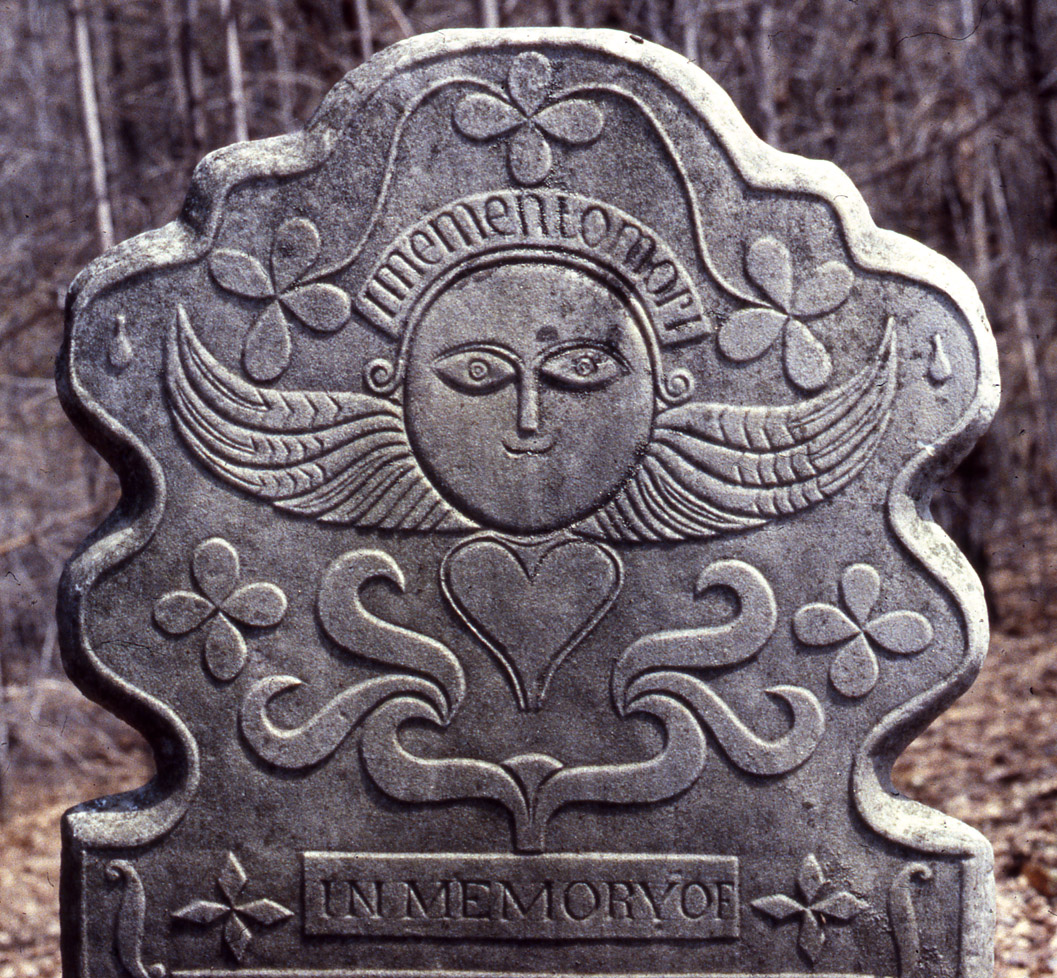Tim Hammond Genital Autonomy Advocacy Collection
Tim Hammond’s pioneering contributions to the genital autonomy movement began in 1989 with the co-founding of the National Organization of Restoring Men and includes founding NOHARMM, producing “Whose Body, Whose Rights?”, publishing two large scale circumcision harm documentation surveys and a survey of 1,800 foreskin restorers, webmaster for the Global Survey of Circumcision Harm, co-founding the Children’s Health & Human Rights Partnership/Canada. Hammond is an Honorary Member of the Brussels Collaboration on Bodily Integrity and is honored to be the first Board president of the Genital Autonomy Legal Defense and Education Fund.
Vast collection of materials documenting the movement for genital autonomy including published works, interviews, photographs, videos, banners, shirts, and organizational records from American Academy of Pediatrics, Children’s Health & Human Rights Partnership, Amnesty International, Attorneys for the Rights of the Child, Bloodstained Men, and International Council on Genital Autonomy among others. For materials in the collection that are available online, URLs are provided within the finding aid. Many other items are available electronically and can be requested by contacting the department at scua@library.umass.edu or Tim Hammond at circharmsurvey@gmail.com.






